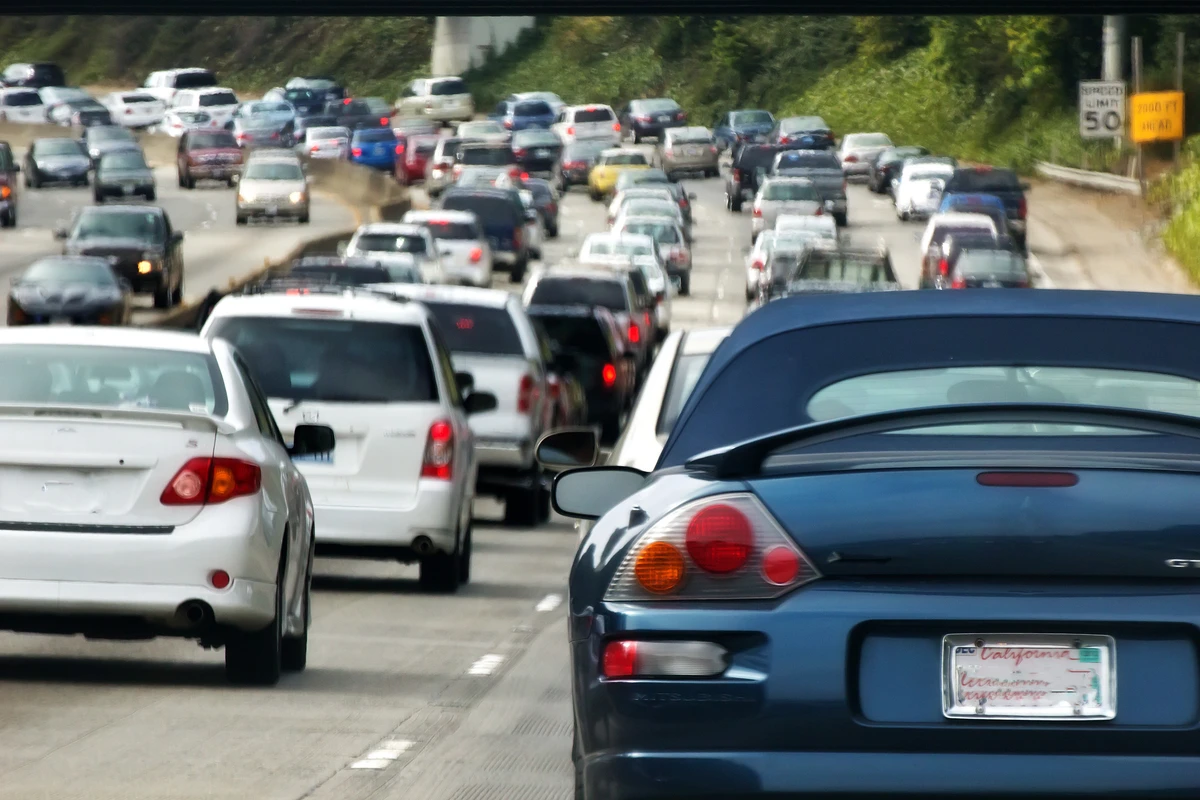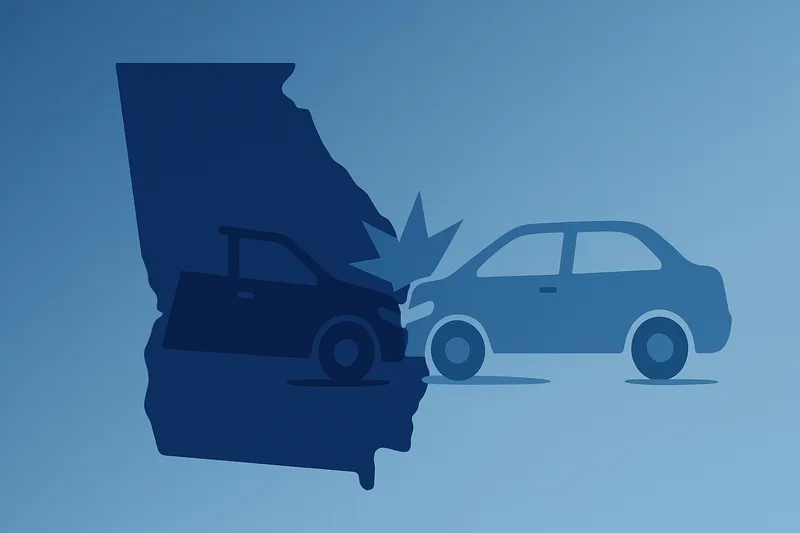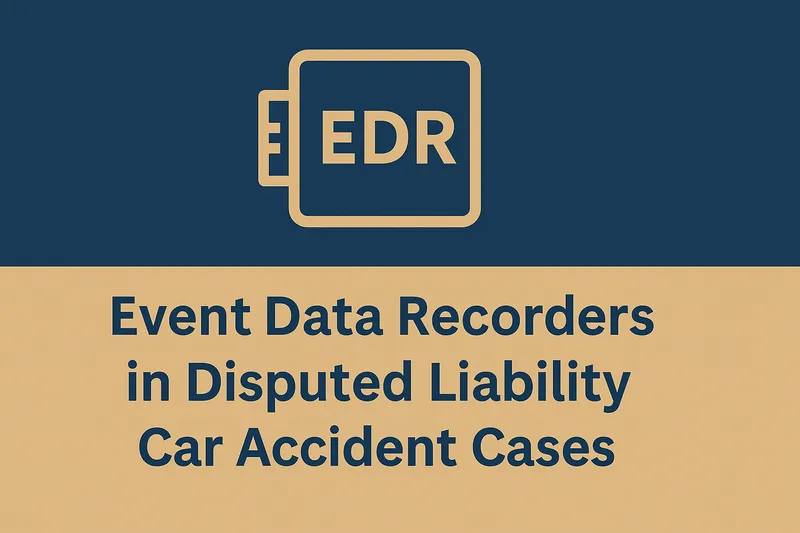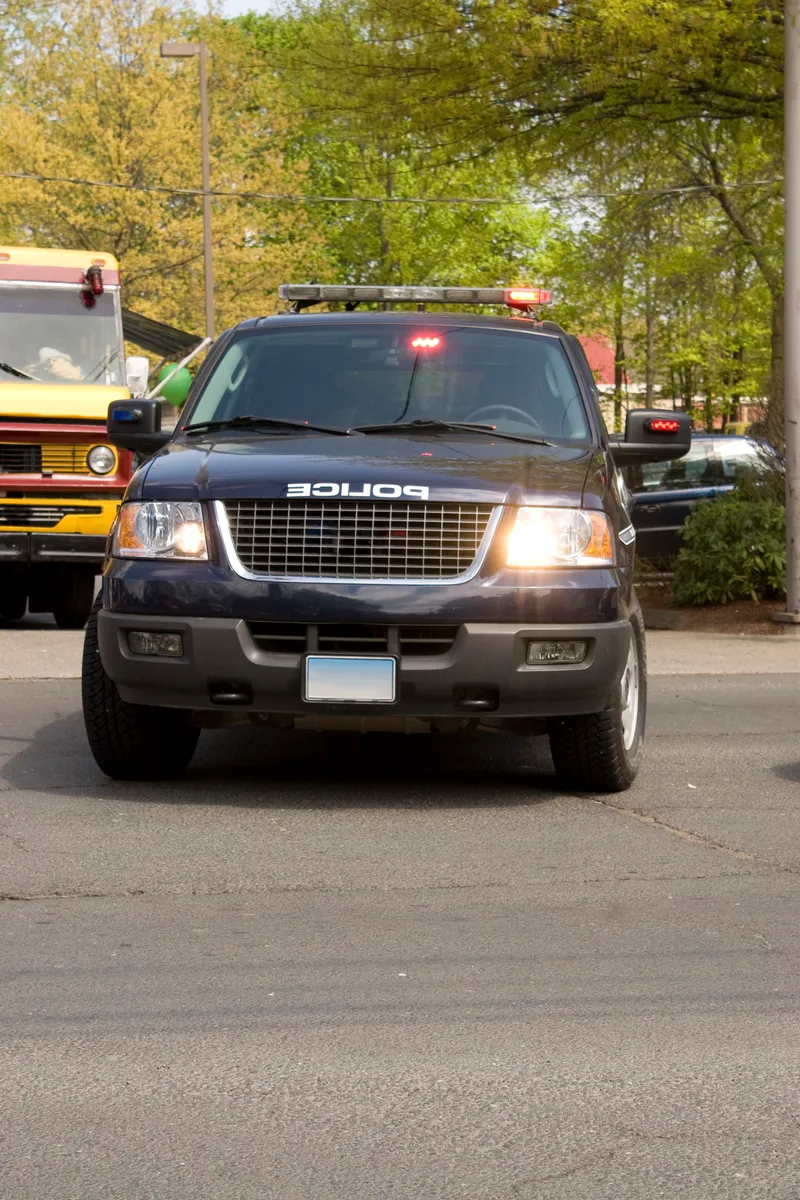what happens if someone else is driving my car and gets in an accident?

Published: 6/30/2022
In this article, we will discuss what happens if someone else is driving your car and gets into an accident. We will cover the legal implications, insurance coverage, and potential liabilities involved in such situations.
What Happens if Someone Else Is Driving Your Car and Gets into an Accident (Georgia Law)
Lending your car to a friend or family member is common, but it can lead to confusion about legal and financial responsibility if an accident occurs. In Georgia, understanding how liability and insurance coverage work in these situations is crucial. Georgia is an “at-fault” state, meaning the driver who causes an accident is responsible for damages. However, when someone else is behind the wheel of your car, questions arise: Who is liable—the car owner or the driver? Whose insurance pays for the damage? What if the driver wasn’t allowed to use the car? This article breaks down these scenarios under Georgia law, covering liability considerations, how insurance coverage works, legal consequences for both owner and driver, and special circumstances like unauthorized use or excluded drivers. The goal is to explain these issues clearly for a general audience, so you know what to expect and how to protect yourself.
Liability Considerations: Car Owner vs. Driver Responsibility
Georgia’s At-Fault Rule: In Georgia, the person who is negligent and causes the accident is legally liable for the resulting damages. This means that if your friend crashes your car and is found at fault, they are responsible for the harm caused (e.g. injuries to others, vehicle damage). If another driver hits your car while your friend is driving (and the other driver is at fault), then that other driver is liable for the damages. Fault is determined by the circumstances of the accident (police reports, evidence, etc.), not by who owns the vehicle.
Driver at Fault vs. Owner at Fault: Generally, liability follows the at-fault driver, not the owner. If your friend driving your car ran a red light and caused the accident, your friend (as the at-fault driver) would be responsible for the damages under Georgia law. As the car owner, you typically would not be personally liable just because you own the car – unless certain special legal doctrines apply (explained below). On the other hand, if your friend was driving safely and another motorist caused the crash, neither you nor your friend would be at fault; the other driver would be liable.
Special Georgia Doctrines (Family Purpose & Negligent Entrustment): Georgia law has two key doctrines that can make a car owner liable even when they weren’t driving:
Negligent Entrustment: This principle holds a vehicle owner accountable if they knowingly loan the car to an unfit or unsafe driver. In Georgia, if you let someone drive your car when you know or should know that person is incapable of driving safely (for example, they are intoxicated, unlicensed, or have a history of reckless driving), you could be liable for negligently entrusting your vehicle. In a negligent entrustment claim, the accident is partly attributed to the owner’s negligence in giving the keys to a dangerous driver.
Family Purpose Doctrine: Georgia’s family purpose doctrine can make the owner liable for a family member’s negligence in driving the car. If the vehicle is maintained for family use, and a family member (like a spouse or child) causes an accident while using it for a family purpose, the injured party could hold the owner responsible. In practice, this means if your teenage child or spouse wrecks the car, you as the owner might be sued under this doctrine.
Outside of these special situations, liability stays with the driver who caused the accident. If none of the above doctrines apply (e.g. it’s a friend or other non-family driver and you had no reason to think they were unsafe), then standard insurance rules determine who pays for the damages. In summary, the at-fault driver is primarily responsible, but a car owner might share liability in Georgia if they knowingly entrusted the car to a dangerous driver or if the driver was a family member using the car for family needs.
How Insurance Coverage Works (Owner’s Policy vs. Driver’s Policy)
Accidents involving someone else driving your car can involve multiple insurance policies. It’s important to know whose insurance covers what, and when. In Georgia (as in many states), car insurance typically “follows the car,” meaning the vehicle owner’s insurance policy usually provides primary coverage when their car is involved in an accident. Here’s how it breaks down:
Owner’s Insurance – Primary Coverage: If you gave permission for someone else to drive your car, your auto insurance is the primary coverage for any accident they cause. Your liability insurance will pay for damages or injuries to others up to your policy limits, even though you weren’t the one driving. If your car is damaged, your collision coverage (if you have it) can cover repairs to your vehicle. Insurance companies call this “permissive use” – as long as the driver had your permission, your policy covers the accident first. Example: You let your friend borrow your car to run errands. If they cause a fender-bender, your liability insurance would typically pay for the other car’s damage, and your collision coverage would handle your car’s repairs, minus any deductible.
Driver’s Insurance – Secondary Coverage: What about your friend’s auto insurance? If the person driving your car has their own car insurance, their policy can serve as secondary coverage. This means their insurance might kick in if the damages exceed your policy’s limits. For instance, if the accident costs are higher than what your insurance will cover, the driver’s liability policy (if available) could cover the remaining amount up to their own limits. Secondary coverage also might apply for specific coverages your policy doesn’t have. However, the driver’s insurance only comes into play after your insurance is exhausted (and only if the driver actually carries a valid insurance policy). If the friend who borrowed your car doesn’t have any insurance, then there is no secondary coverage – which could leave a coverage gap if costs go beyond your policy.
Coverage Limits and Gaps: Both the owner’s and driver’s insurance will have coverage limits. If an accident is very serious, damages could surpass the owner’s policy limits and even the driver’s limits. In such cases, any excess damages could become the personal responsibility of the at-fault driver (and potentially the owner, under the special doctrines mentioned earlier). It’s a good reason to carry sufficient liability limits. Another potential coverage gap happens if neither policy applies – for example, if the situation falls under a policy exclusion or the driver is not covered (discussed more below). Always remember: insurance will only pay up to the policy’s limit, and anything beyond that might have to come out-of-pocket.
Deductibles: If your own policy is used (for example, to fix your car under collision coverage), you’ll likely have to pay your deductible. The insurance will cover the rest of the repair costs once you’ve paid that deductible amount. Deductibles don’t apply to third-party liability payments (those your insurer pays to others on your behalf), but they do apply to your car’s damage if you use collision coverage.
When the Owner’s Policy Applies vs. the Driver’s Policy: As a rule of thumb, the vehicle owner’s insurance applies first in permissive-use accidents. The driver’s own insurance (if any) is a backup. The roles reverse only in specific situations. For example, if the driver of your car is not a permissive user (i.e., they didn’t have your permission or are explicitly excluded from your policy), your insurance may refuse coverage – then the driver’s own insurance (as the next available coverage) might have to step in as primary if it covers the situation. Another scenario: if your friend is driving your car and is hit by an at-fault third party, the at-fault driver’s insurance should pay for damages first (since that other driver caused the crash). In that case, your insurance might not need to pay anything for liability, though you might use your collision coverage temporarily for your car’s damage and then get reimbursed by the at-fault driver’s insurer.
Special Circumstances and Exclusions: Unauthorized Use, Excluded Drivers, and Insurance Denials
Not every situation is a simple “permissive friend” scenario. Sometimes someone drives your car without permission, or there are specific exclusions on your policy that complicate coverage. In these special cases, the liability and insurance outcome can be very different:
-
Unauthorized Use (No Permission): If someone drives your car without your consent, it’s considered non-permissive use. In Georgia (and generally), auto insurers will not honor claims if the driver didn’t have permission to use the car. Essentially, the insurance contract covers you and permissive users; a person who takes the car without asking is outside that contract. For example, if a friend or relative “borrows” your car without your knowledge and gets into an accident, your insurance company may deny coverage for any liability or damage they cause. The responsibility for the accident falls entirely on the unauthorized driver. That person’s own insurance might cover it (if they have a policy that isn’t tied to a specific vehicle, which is rare unless they have a “named non-owner” policy). If they have no insurance, then victims of the accident could pursue the driver personally for damages. As the owner, you generally wouldn’t be liable since you didn’t permit the use – but you may need to prove that the use was unauthorized. Insurance companies and courts might initially presume the person had your permission (especially if it’s a family member or someone who had access to your keys), so you might have to provide evidence (e.g. theft report, statements, prior warnings) that they truly took the car without consent. If a thief steals your car, your insurance won’t pay for the thief’s liabilities to others. The bottom line: no permission means no coverage for the unauthorized driver from your policy, putting the onus on that driver.
-
Excluded Drivers on the Policy: Auto insurance policies often allow the owner to exclude certain individuals from coverage. For instance, if you have a household member with a bad driving record, your insurer might exclude them to avoid risk (or you might request an exclusion to keep premiums down). If an excluded driver ends up driving your car and gets in an accident, your insurance will deny the claim outright. An excluded driver is essentially treated as if they have no permission, even if you actually allowed them to drive. All liability then falls to the driver in this scenario. So if you’ve excluded your teenage son from your policy, but you let him take the car and he crashes it, the insurance won’t pay a dime – you and/or your son will be personally responsible for all damages. This can be financially devastating, and it also likely breaches your insurance contract (which could lead to cancellation of your policy). The key point: never let an excluded person drive your car. Insurance companies list them as excluded for a reason, and any accident they cause will not be covered.
-
Insurance Coverage Denials (Policy Exclusions): Beyond excluded drivers, insurance policies have various clauses that can result in a denial of coverage. These are situations where, even if the person had permission to drive, the insurer refuses to pay because a policy condition was violated or an exclusion applies. Some examples:
Driver Not Licensed or DUI: If you permit someone to drive your car who is unlicensed or who drives it while under the influence, your insurer may refuse coverage for any accident that results. Insurance policies often exclude coverage if the vehicle is operated by someone under the influence of drugs/alcohol or otherwise using the car illegally. The accident would then become the driver’s personal liability, and possibly yours under negligent entrustment if you allowed it. The driver could also face legal consequences (like DUI charges) separate from insurance.
Commercial or Rideshare Use: Personal auto insurance typically excludes commercial use of the vehicle. If your friend was using your car to drive Uber/Lyft or make deliveries without a proper commercial or rideshare policy endorsement, an accident during that activity might not be covered by your insurance. Both you and the driver could be left without coverage because using the car for business in violation of the policy terms voids the coverage for that incident. (Always check with your insurer before letting someone use your car for such purposes).
Other Policy Exclusions: Read your policy for any specific exclusions. Some policies exclude coverage if the car is driven by someone who lives with you but isn’t listed on the policy, or if the vehicle is being used outside a geographical area, etc. While Georgia law requires insurance to cover permissive drivers, policy exclusions are still enforceable if they don’t conflict with state law. Insurers can deny a claim if an exclusion applies, which means either the driver’s insurance must cover it (if available) or, if no coverage exists, the injured parties may pursue the at-fault driver (and possibly the owner) personally.
-
Potential Insurance Cancellations: Lastly, serious accidents involving another driver may lead your insurer to reconsider coverage. If your insurer learns you regularly let high-risk drivers use your vehicle, they may raise premiums significantly or even cancel your policy altogether, leaving you without protection.
Conclusion
By being proactive, clear about permissions, and understanding your policy, you’ll avoid situations that could lead to costly surprises. Remember, if an accident does occur, quick action—reporting the accident promptly, cooperating with insurance, and potentially consulting an attorney—can help manage the aftermath more effectively.
Related Articles



